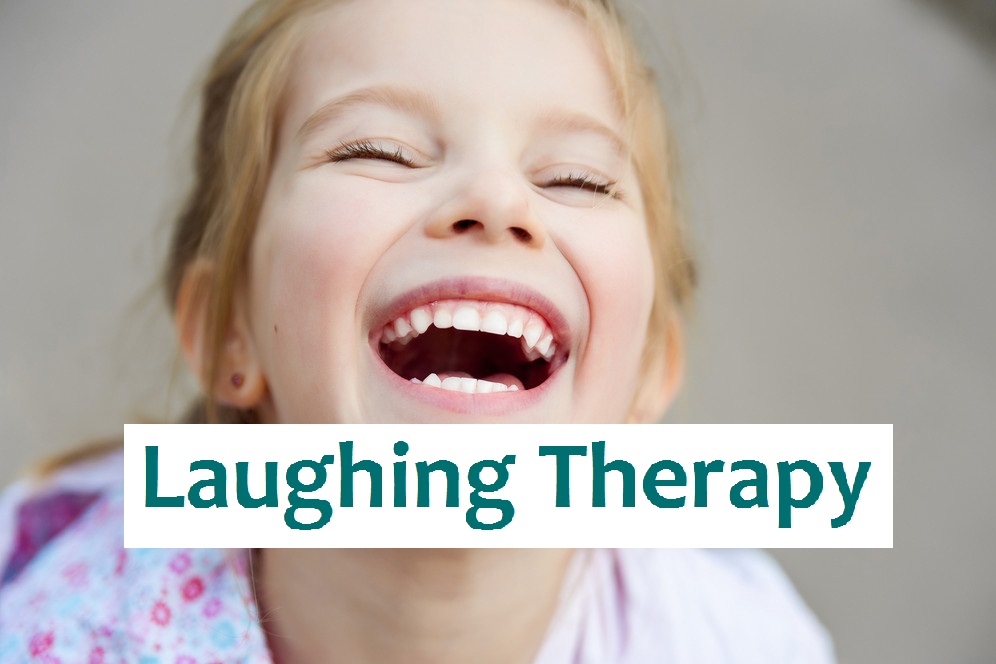Dr. Jakir Hossain Laskar, PhD
Assisting Teenagers Suffering from ADHD to Boost Their Self-Confidence
ADHD teenagers tend to suffer from issues that may adversely affect their self-confidence including difficulties in academics, challenges in managing emotions as well as in social relationships. All in all, they need support and help while they learn to tackle the issues at hand. Here’s how you could assist teenagers struggling with ADHD in developing proper self-worth defining them.
Establishing the Correlation Between ADHD and Low Self-Esteem
Negative Feedback: Teens would constantly hear criticism regarding their behavior, performance, and even maintain their schedules.
Rejection: Non-verbal communication issues and maintaining social connections could make them feel socially isolated and sad.
Lack of Concentration: Non-focused students could never end up in timely submission and meet deadlines resulting in poor performance. This leads to a pool of frustration.
Feeling Insufficient: Being always compared with other teenagers hones the feeling of insecurity towards such individuals.
Realising the aforementioned obstacles serves in great assistance while constructing a strong self image of themselves.
Strategies that Assist ADHD Teenagers in Improving Their Self-Esteem
- Recognize their Strengths and Achievements
Why It’s Important: Learn to work with what you are most confident about and feel less pressure about everything else.
What to do:
Find out their strong points, be it creative thinking, empathy, or resolving conflicts.
Assist them with activities they feel comfortable like in playing any sports or music or painting etc.
There are numerous cases of successful individuals with ADHD that could motivate themShare stories of successful individuals with ADHD to inspire them
- Manage expectations
What is the reason: Setting goals that are beyond one’s reach just leads to frustration and a feeling of failing at all times.
What is to be done:
It is advisable to divide up major activities to tackle them in phases that are easier to handle.
And do not only celebrate the final result, but all the achievements that got you there as well.
Too much stress should not be placed on perfection, instead PA and hard work is enough.
- Start using the word ‘But’ to give Positive reinforcement
What is the reason: A healthy amount of constructive feedback cultivates self-assurance in the individual and reinforces healthy habits.
What is to be done:
Consider the situation where you are watching Indian Premier League. When a player hits a six, praise him by saying: “That six was amazing.
It’s good to celebrate even the smallest wins.
And rather than assuming that every child needs to be encouraged to believe that they should be gifted in all activities, encourage them to believe that it is okay to rephrase it and ask, “What’s one thing that you did that you like?”
- Promote Self-Advocacy
What is the reason: Being aware of how best to put over their demands gives them independence and self worth.
What is to be done: Encourage them to try the following:
Tell them to explain their difficulties and suggest what could make it easier for them to function, say more time than usual to complete a test.
Act as if they have already learned the season and it has already started.
Let them know that seeking help is not a sign of weakness but a sign of strength; embrace it.
- Encourage them to have a Growth Mindset
What is the reason: If one firmly believes that they shall be able to improve over time by practicing – it will bring upon resilience.
What is to be done:
You may say: “I know you are scared, but keep trying and it will work! I believe you will succeed at the next opportunity!” or “Don’t give up!”
When an individual is attempting to learn something new, it’s vital to know that they may not master it on their first try; let them fail and keep trying!
Stop looking at your blunders as weaknesses and figure out how to exploit them in the future.
- Encourage Group Participation
Why It Matters: Good people around instill trust and a feeling of integration.
What to Do:
Assist them in joining organizations or societies in which they can be surrounded by similar people.
Practice various social roles via pretend play to ease their communication apprehension.
Let them associate with friends who are understanding and encourage them.
- Teach Control Over Feelings
Why It Matters: Feeling their feelings is important, but more essential is having control over those feelings.
What to Do:
Instruct them on simple breathing or grounding techniques.
Assist them with the identification of problems at hand and solution formulation.
Reassure them that sometimes being irritated is acceptable – “It happens to most of the people.”
- Offer Direction and Consistency
Why It Matters: Consistency teaches familiarity which automatically lowers anxiety levels, leading to a higher number of successful attempts.
What to Do:
Make sure there is a blend of learning, leisure and self-time in the schedule so that it is well-rounded.
Use planners, calendars, and other applications to help them comprehend the organization of time.
Tell them you are proud of how closely they follow the plan, even if there are stumbles along the way.
- Avoid Unpleasant Labels
Why It Matters: Bad labels such as “idle” & “unemployable” make their self-love worse.
What to Do:
Do not dwell on their deficiencies – rather state that there are solutions to every problem that needs to be overcome.
Ask them “How about we structure a system that can enable you to undertake work in an organized manner”. Make it simple for the adolescents – even the word construct is a challenge for some; focus on how something can work instead of how it can be built.
Suggest family members and teachers to use supportive and positive words.
- Be a Role Model
Why It Matters: Teenagers grow up looking at how you deal with situations and challenges.
What to Do:
Teach them how to bounce back with positivity after suffering a defeat.
Talk about how challenging it was to begin and whether one faced moments of self-doubt.
Explain how one can practice self-compassion by being kind to themselves, especially during trying times.
Activities to Boost Self Esteem in Adolescents with ADHD
Start practicing Gratitude Journals – ask them to start writing three things that they appreciate on a daily basis.
Create visual representation of a collage of their dreams and goals – Vision Boards.
Add purpose and goal achievement to their life by volunteering – start off with basic work and move on from there.
Enroll them in experiential classes that will develop their talents – focus on skill building workshops.
Feed them with stories and videos about accomplished personalities with ADHD – Write about ADHD role models.
Who can I contact?
Start with speaking to a professional if the experiences of having low self-esteem leads them to be anxious or depressed or even withdrawn.
Therapists or counselors should be the first option – Cognitive Behavioral Therapy or talk-based therapy could do wonders.
Coaches. Professionals who are specializing in coaching for ADHD should be useful in planning and setting goals with the adolescents.
Support Groups. Talking to others who have been through similar experiences becomes relieving and less isolating.
Concluding Remarks
Ascertaining that the teenager’s ADHD awareness becomes a point of pride, motivating him in his further endeavors while providing adequate tools to his challenges. He must consider himself as a work in progress, which defines his conception of self in any community.


